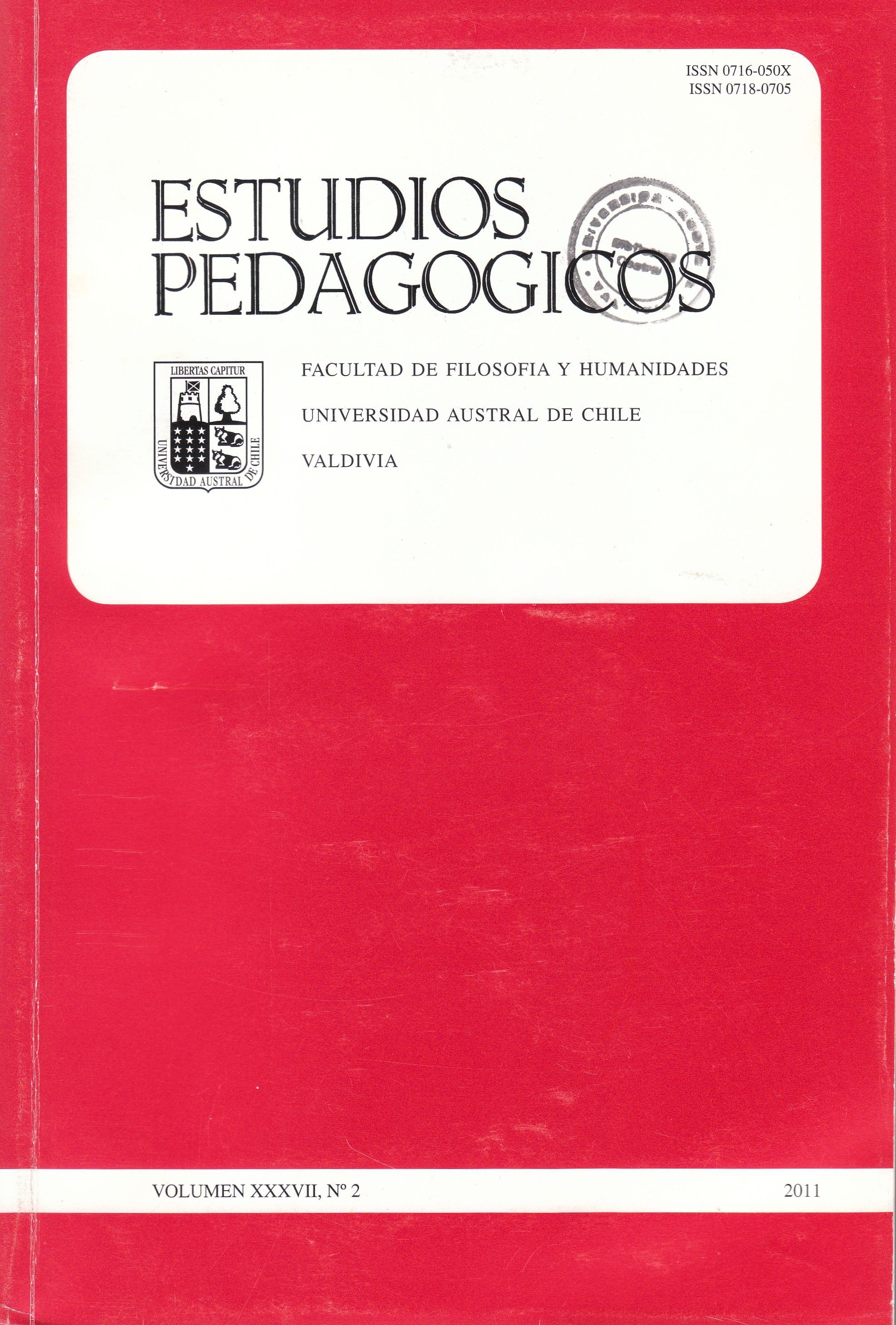Reflection and analysis of innovative policies and practices through the social representations and the need of intercultural education as part of the initial teacher training process
Main Article Content
Abstract
Social and cultural exclusion are some of the main issues that affect relationships within a society which defines its educational priorities inside a neoliberal regulatory framework, as seen in the situation of pedagogical training students who need to incorporate in their democratic frameworks values of mutual respect. This issue is considered a key tension point in the relationship between education, society, recent migrations and indigenous people; thus, it makes it necessary to tackle critically the pedagogical practices in initial teacher training, for the development of cultural integration as a desirable value, basing its innovations in studies, research and analysis of educational policies.
From theoretical contribution collected from previous research work, we reflect on the responsibility of the Initial Teacher Training Process, research and forming themes of and for innovate practices of the intercultural curriculum, which include the racists and xenophobic representations of our pedagogy students, and which, eventually, will allow them to teach differently to the students of our national system, stimulating democratic life, acceptance and mutual respect.

